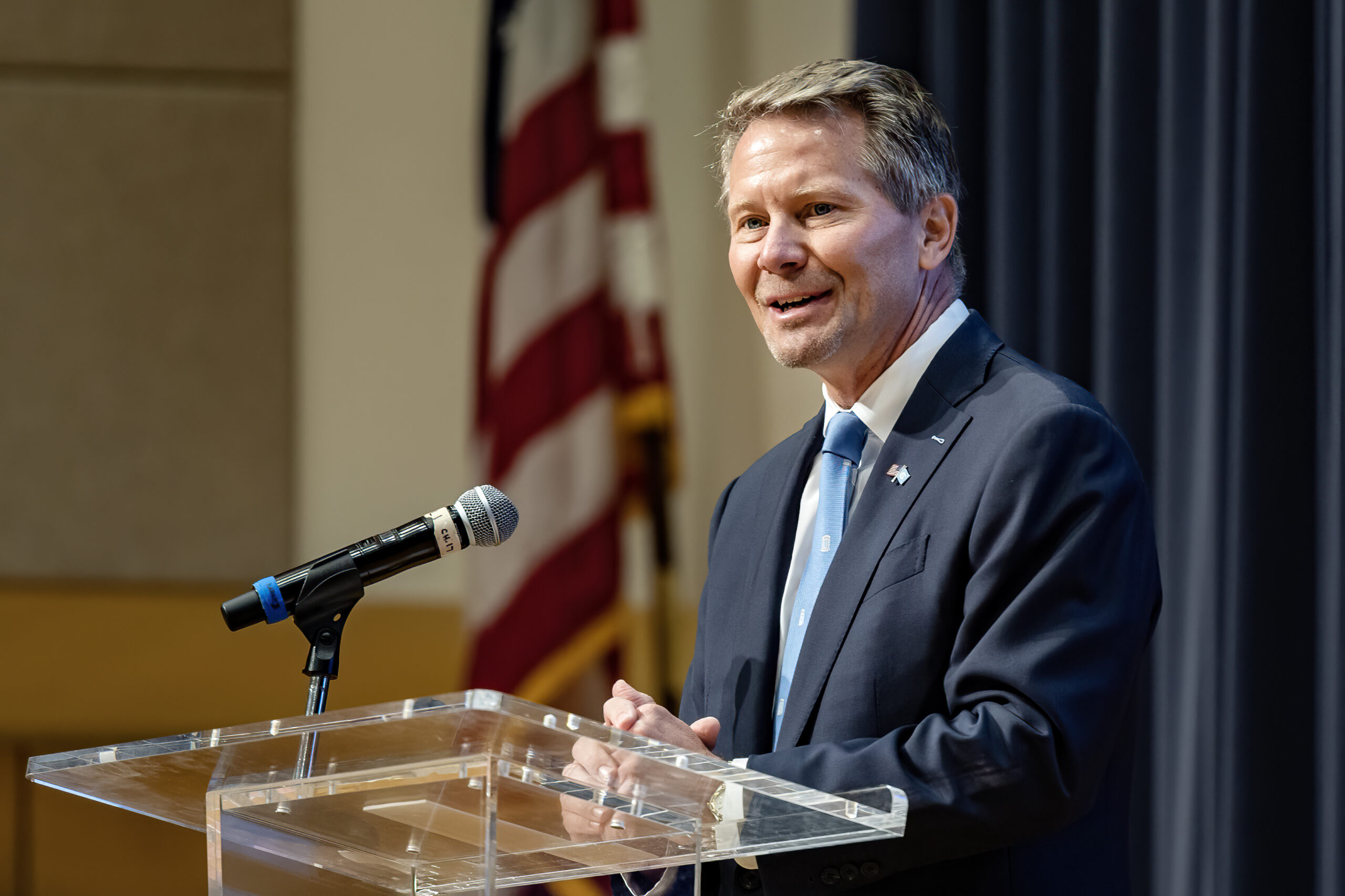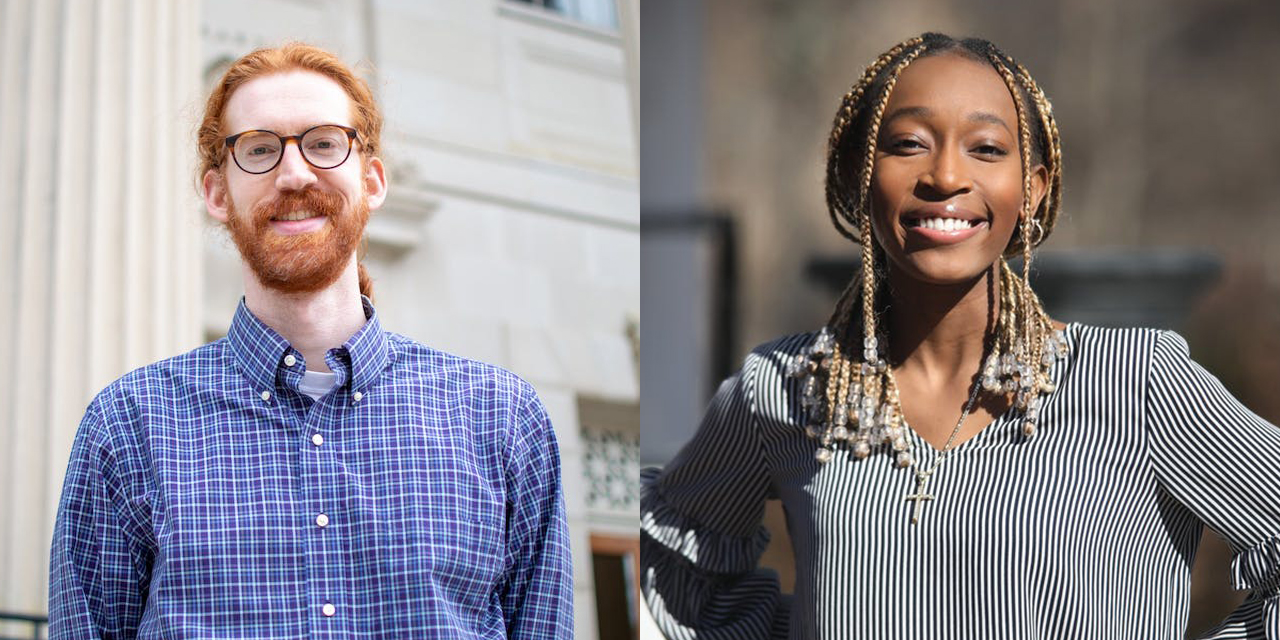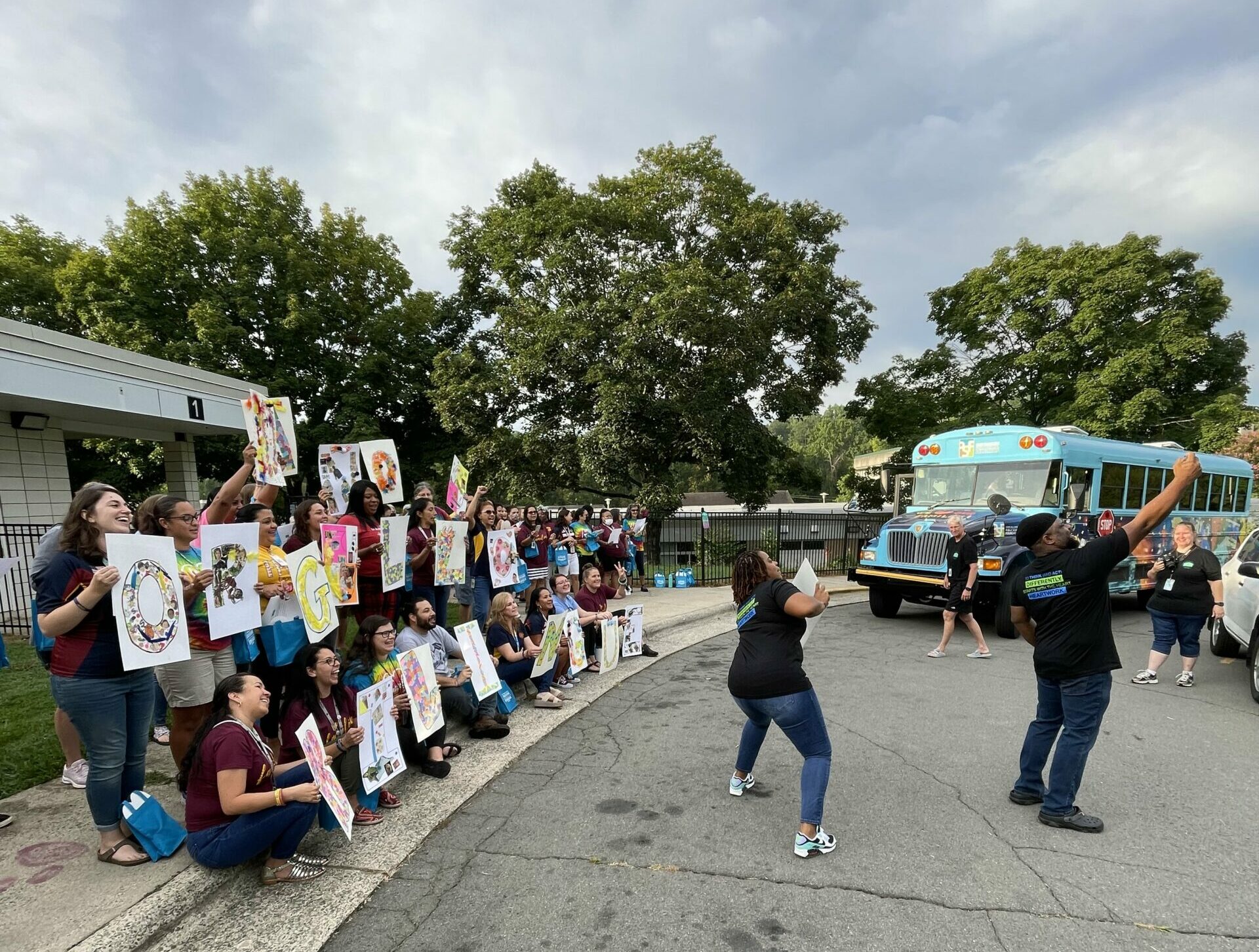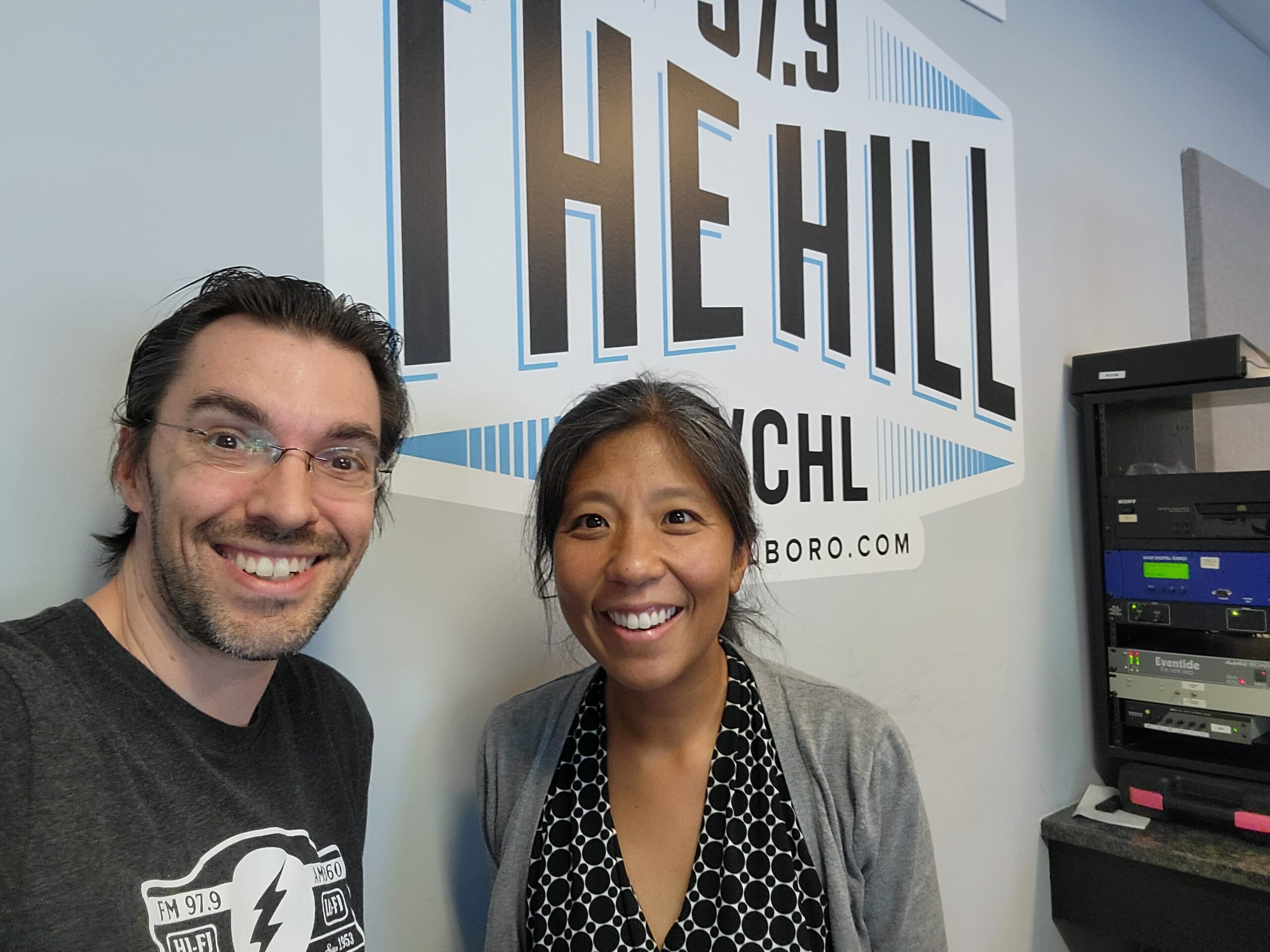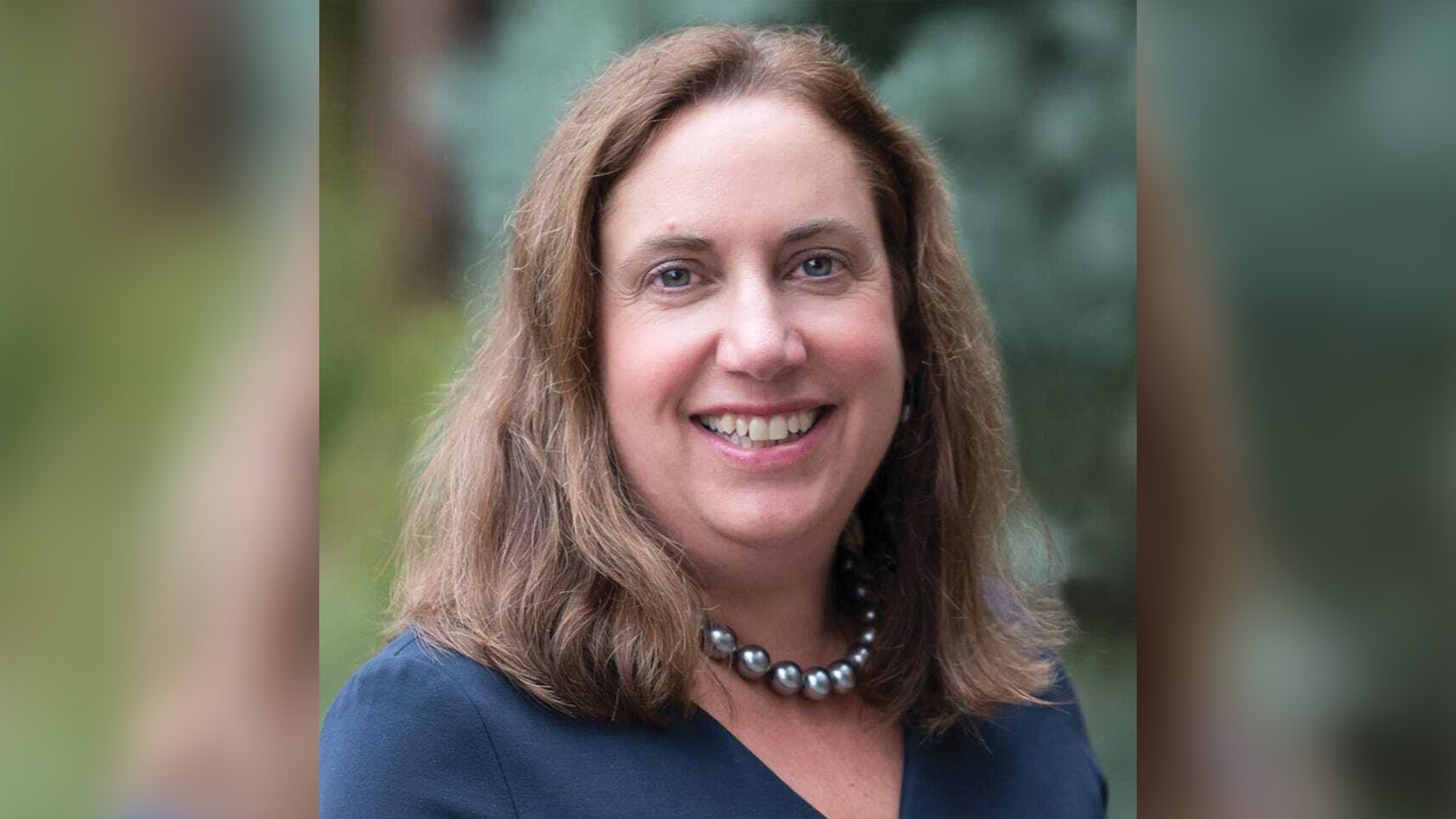As mental health continues to be a dominating issue across the country, especially on college campuses, UNC is continuing to seek ways to help address its students’ needs. Now, they’re doing it with new leadership — who has already overseen some major changes.
The university’s Counseling and Psychological Services, or CAPS, recently took the interim tag off from Director Avery Cook, who spoke with Chapelboro about the recent expansions of service and their vision for keeping mental wellbeing at the center of consideration by campus decision makers.
Cook joined CAPS in 2006 after attending UNC for their masters in social work and Duke’s Divinity School for some time. Since then, Cook says a lot of things have changed in the mental health realm – primarily that people are much more open to discussing any challenges.
“We’ve seen some decrease in stigma, all of which is really wonderful,” they say.
“But,” Cook adds, “we’ve also seen an increase in symptoms, and increase in severity. Folks are experiencing a lot more [stressors].”
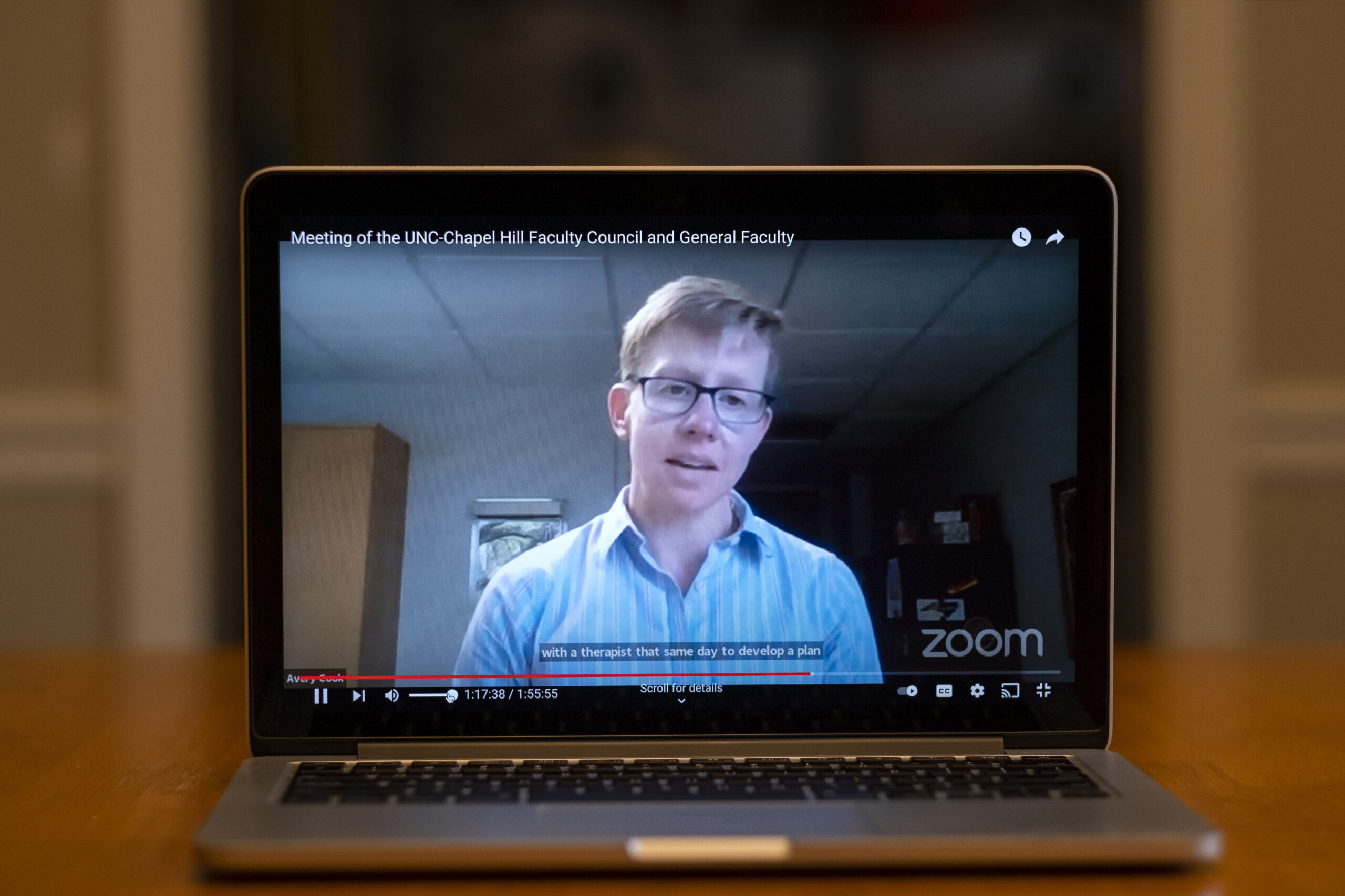
Avery Cook speaks during a UNC Faculty Council meeting held virtually in 2021. CAPS named Cook is permanent director on March 3 after they served as an interim for several months. (Jon Gardiner/UNC-Chapel Hill)
While there were already many factors toward degradation of college students’ mental wellbeing, brought even more complications: the COVID-19 pandemic. Cook says, students, feelings of loneliness and isolation rose significantly, and our society is still working its way through how to reconnect with people.
“We’re still sort of discovering or relearning ways that we can rest, recharge, to care for ourselves in ways that have a positive impact on our mental health,” says Cook, which is equally as critical for college students.
Cook took over as interim director in 2021 after Dr. Allen O’Barr led CAPS for several years. Under O’Barr’s leadership, Cook says there was an emphasis on getting students immediate access to psychological services, if they needed it. They say that’s not changing under their watch — with students continuing to get meetings with a school therapist the same day they contact CAPS for initial psychological services. In recent years, the department has also started a 24/7 hotline to help students in crisis during overnight hours.
“We know how quickly things can move around here,” Cook says. “A student that’s experiencing a challenge [to their wellbeing] on a Monday…if they’re having to wait to get some support, it might be a crisis by Friday. And we don’t want to have a student experience that.”
From there, the CAPS team helps create a plan for that student to receive treatment or more assessment. Cook says another way their department recently improved doing this is by tailoring services to students’ experiences. This included expanded telehealth services during the pandemic years of remote learning for UNC students, as well as finding more solutions for overnight assistance.
Additionally, CAPS started several new programs to better serve specific student groups or to address barriers to care. After receiving feedback from different parts of the campus community, CAPS instituted a multicultural health program – explicitly to aid Black, Indigenous, and other students of color at UNC.
Cook describes this as an “incredibly innovative” part of CAPS’ operations and one that the center is very proud of.
“These are some incredibly dedicated therapists who work specifically with our BIPOC population on campus to increase connection, to decrease stigma,” they say. “Those students who have been underserved in the past are able to get increased access to [people] who are specifically trained to work on issues such as racial trauma to be able to provide really outstanding support.”
The department also started an embedded counselor program for students at four schools — the Hussman School of Journalism and Media, the Eshelman School of Pharmacy, the School of Medicine, and the School of Law — to speak with people who can specifically relate to stressors in those fields.
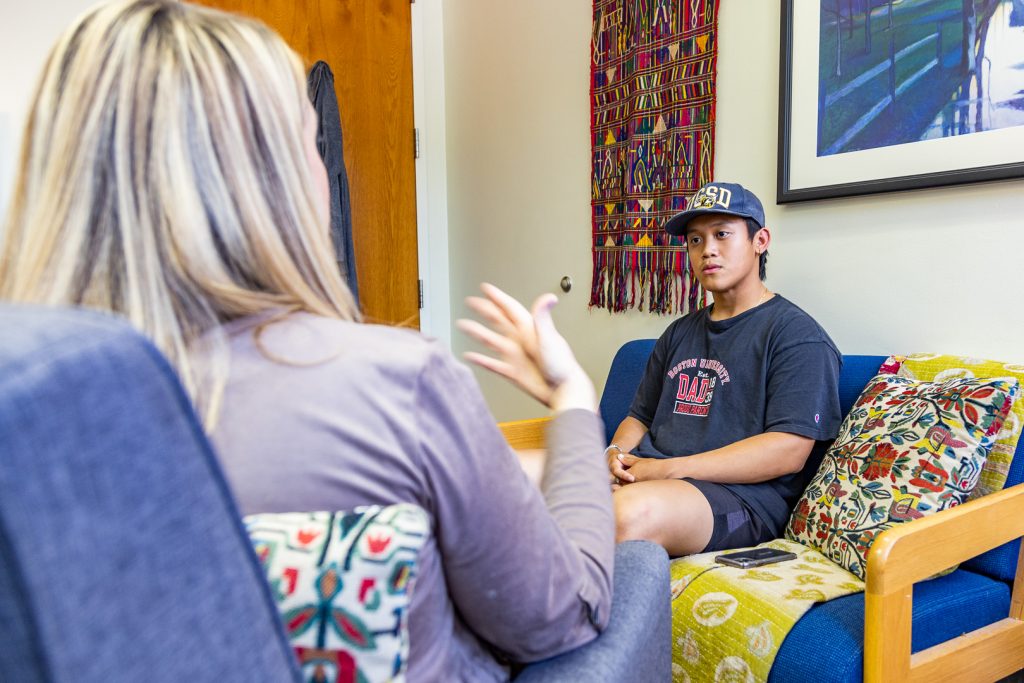
UNC CAPS new embedded counselor program places four therapists within Photo via UNC Counseling and Psychological Services.
Cook says they hope to enact more responses to students’ variety of requests for care programs, as CAPS looks to support young adults during a critical time of transition in their lives.
“We want students to know that no matter where they are on this campus, they are not alone,” they say. “That they’re on a campus that cares about them, that they have a counseling center available to them – that wants to help them, wants to support them, and wants to do what we can to make sure they’re needs are met.”
Cook says they’re thankful for the investment UNC has made so far in expanding CAPS’ presence and resources to its students and faculty. What’s the big picture goal for Cook now that they’re in the permanent director position?
“[Creating] a culture of care that doesn’t just reside in CAPS,” they say. “That CAPS isn’t the sole place focused on mental health – that mental health is something we all have responsibility for supporting each other. CAPS is certainly going to do the treatment aspect of that, but we’re also a part of this community. And the community wants everybody to be mentally as healthy as possible and to have all the support they need.”
UNC students can contact UNC Counseling and Psychological Services at the 24-hour phone line at 919-966-3658 and its office hours are 8 a.m. – 5 p.m. from Monday-Friday. If you or someone you know is thinking about suicide, the National Suicide Prevention Lifeline, 1-800-273-8255.
Chapelboro.com does not charge subscription fees, and you can directly support our efforts in local journalism here. Want more of what you see on Chapelboro? Let us bring free local news and community information to you by signing up for our biweekly newsletter.




